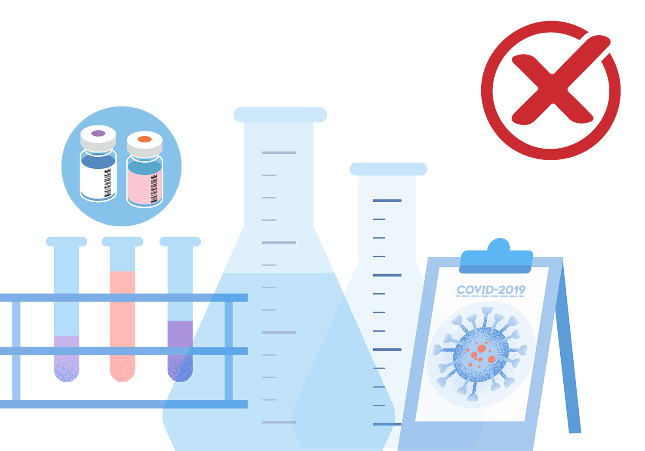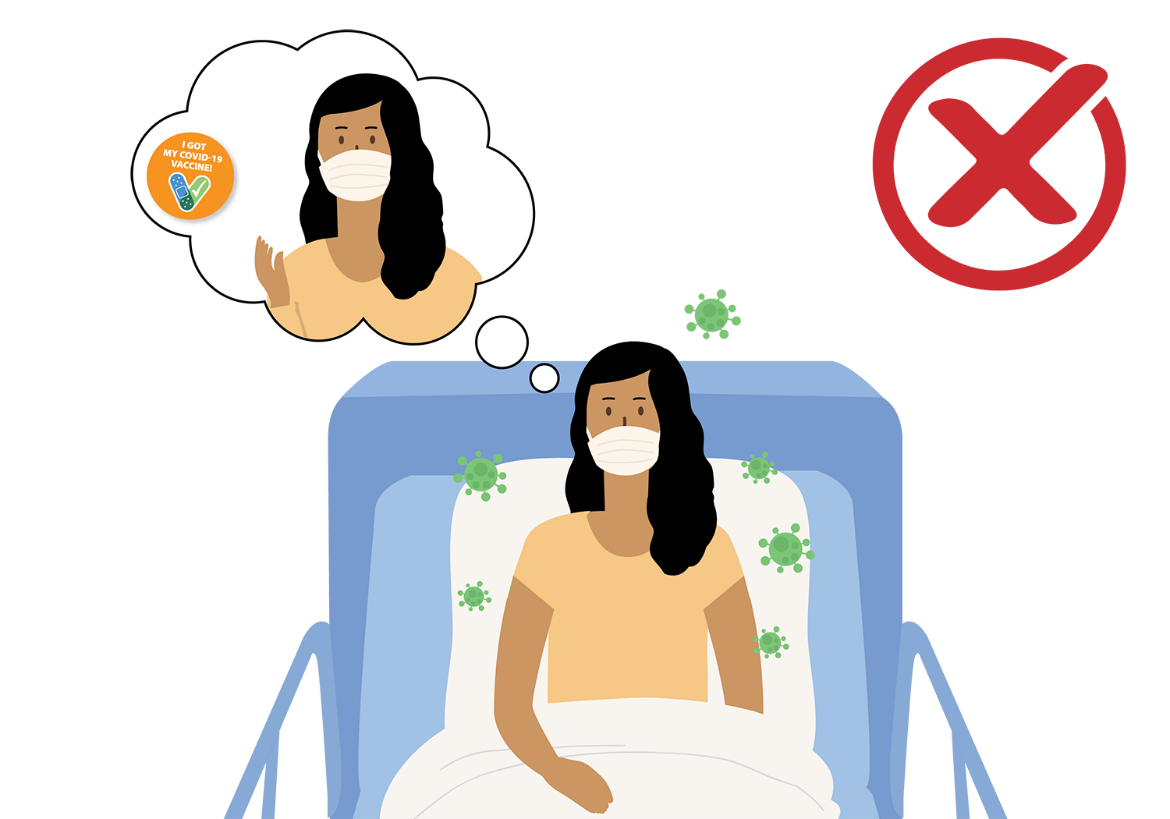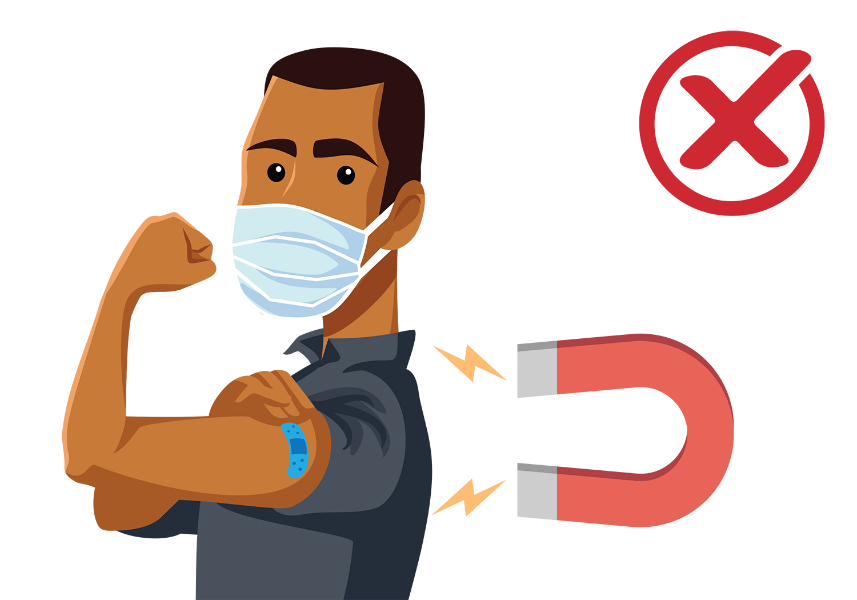KEY THINGS TO KNOW
Vaccines continue to reduce a person’s risk of contracting the virus that causes COVID-19. Here are some important factors that might be helpful!

Vaccines continue to reduce a person’s risk of contracting the virus that causes COVID-19. Here are some important factors that might be helpful!

COVID-19 vaccination reduces the risk of COVID-19 and its potentially severe complications. All COVID-19 vaccines currently authorized for use in the United States helped protect adults and children 6 months and older against COVID-19, including severe illness, in clinical trial settings. So far, studies that have looked at how COVID-19 vaccines work in real-world conditions (vaccine effectiveness studies) have shown that these vaccines are working well.
Most vaccine effectiveness data now available are related to mRNA vaccines (Pfizer-BioNTech and Moderna) because these vaccines have been available longer. CDC and other experts continue to study the effectiveness of both mRNA vaccines and the Johnson & Johnson’s Janssen (J&J/Janssen) COVID-19 vaccine in real-world conditions.
Infection and Spread



Below Vaccination Myths are collected and circulated on the internet, and the answers are from CDC’s “Bust Common Myths and Learn the Facts”

FACT: Nearly all the ingredients in COVID-19 vaccines are also ingredients in many foods – fats, sugars, and salts.

Exact vaccine ingredients vary by manufacturer. Pfizer-BioNTech and Moderna COVID-19 vaccines also contain messenger RNA (mRNA) and the Johnson & Johnson/Janssen COVID-19 vaccine contains a harmless version of a virus unrelated to the virus that causes COVID-19. These give instructions to cells in your body to create an immune response. This response helps protect you from getting sick with COVID-19 in the future. After the body produces an immune response, it discards all the vaccine ingredients just as it would discard any information that cells no longer need. This process is a part of normal body functioning.
COVID-19 vaccines do NOT contain ingredients like preservatives, tissues (like aborted fetal cells), antibiotics, food proteins, medicines, latex, or metals.
Learn more about what ingredients are and are not in Pfizer-BioNTech, Moderna, or Johnson & Johnson/Janssen COVID-19 vaccines.
FACT: Getting a COVID-19 vaccination is a safer and more dependable way to build immunity to COVID-19 than getting sick with COVID-19.

COVID-19 vaccination causes a more predictable immune response than infection with the virus that causes COVID-19. Getting a COVID-19 vaccine gives most people a high level of protection against COVID-19 and can provide added protection for people who already had COVID-19. One study showed that, for people who already had COVID-19, those who do not get vaccinated after their recovery are more than 2 times as likely to get COVID-19 again than those who get fully vaccinated after their recovery.
All COVID-19 vaccines currently available in the United States are effective at preventing COVID-19. Getting sick with COVID-19 can offer some protection from future illness, sometimes called “natural immunity,” but the level of protection people get from having COVID-19 may vary depending on how mild or severe their illness was, the time since their infection, and their age.
Getting a COVID-19 vaccination is also a safer way to build protection than getting sick with COVID-19. COVID-19 vaccination helps protect you by creating an antibody response without you having to experience sickness. Getting vaccinated yourself may also protect people around you, particularly people at increased risk for severe illness from COVID-19. Getting sick with COVID-19 can cause severe illness or death, and we can’t reliably predict who will have mild or severe illness. If you get sick, you can spread COVID-19 to others. You can also continue to have long-term health issues after COVID-19 infection.
Learn about why you should get vaccinated even if you already had COVID-19.
FACT: COVID-19 vaccines do not create or cause variants of the virus that causes COVID-19. Instead, COVID-19 vaccines can help prevent new variants from emerging.
New variants of a virus happen because the virus that causes COVID-19 constantly changes through a natural ongoing process of mutation (change). As the virus spreads, it has more opportunities to change. High vaccination coverage in a population reduces the spread of the virus and helps prevent new variants from emerging. CDC recommends COVID-19 vaccines for everyone ages 6 months and older, and boosters for everyone 5 years and older, if eligible.
Learn more about variants.
FACT: Anyone can report events to VAERS, even if it is not clear whether a vaccine caused the problem. Because of this, VAERS data alone cannot determine if the reported adverse event was caused by a COVID-19 vaccination.

Some VAERS reports may contain information that is incomplete, inaccurate, coincidental, or unverifiable. Vaccine safety experts study these adverse events and look for unusually high numbers of health problems, or a pattern of problems, after people receive a particular vaccine.
Recently, the number of deaths reported to VAERS following COVID-19 vaccination has been misinterpreted and misreported as if this number means deaths that were proven to be caused by vaccination. Reports of adverse events to VAERS following vaccination, including deaths, do not necessarily mean that a vaccine caused a health problem.
Learn more about VAERS.
FACT: COVID-19 vaccines do not contain microchips. Vaccines are developed to fight against disease and are not administered to track your movement.
Vaccines work by stimulating your immune system to produce antibodies, exactly like it would if you were exposed to the disease. After getting vaccinated, you develop immunity to that disease, without having to get the disease first.
Learn more about the ingredients in the COVID-19 vaccinations authorized for use in the United States.
FACT: Receiving a COVID-19 vaccine will not make you magnetic, including at the site of vaccination which is usually your arm.

COVID-19 vaccines do not contain ingredients that can produce an electromagnetic field at the site of your injection. All COVID-19 vaccines are free from metals.
Learn more about the ingredients in the COVID-19 vaccinations authorized for use in the United States.
FACT: COVID-19 vaccines do not change or interact with your DNA in any way.

Both messenger RNA (mRNA) and viral vector COVID-19 vaccines work by delivering instructions (genetic material) to our cells to start building protection against the virus that causes COVID-19.
After the body produces an immune response, it discards all the vaccine ingredients just as it would discard any information that cells no longer need. This process is a part of normal body functioning.
The genetic material delivered by mRNA vaccines never enters the nucleus of your cells, which is where your DNA is kept. Viral vector COVID-19 vaccines deliver genetic material to the cell nucleus to allow our cells to build protection against COVID-19. However, the vector virus does not have the machinery needed to integrate its genetic material into our DNA, so it cannot alter our DNA.
Learn more about how COVID-19 vaccines work.
You may have some side effects, which are normal signs that your body is building protection. These side effects may affect your ability to do daily activities, but they should go away in a few days. Some people have no side effects. Below are Common Side Effects:
Pain
Tiredness
Redness
Headache
Swelling
Muscle Pain
Chills and Fever
Nausea
On the Arm where you got the shot
Rest of your Body
Even you are fully vaccinated, there are still precautions to take to maximize the protections

COVID-19 vaccines teach our immune systems how to recognize and fight the virus that causes COVID-19. It typically takes 2 weeks after vaccination for the body to build protection (immunity) against the virus that causes COVID-19. That means it is possible a person could still get COVID-19 before or just after vaccination and then get sick because the vaccine did not have enough time to build protection. People are considered fully vaccinated 2 weeks after their second dose of the Pfizer-BioNTech or Moderna COVID-19 vaccines, or 2 weeks after the single-dose Johnson & Johnson’s Janssen COVID-19 vaccine.
Some people in your family need to continue to take steps to protect themselves from COVID-19, including: